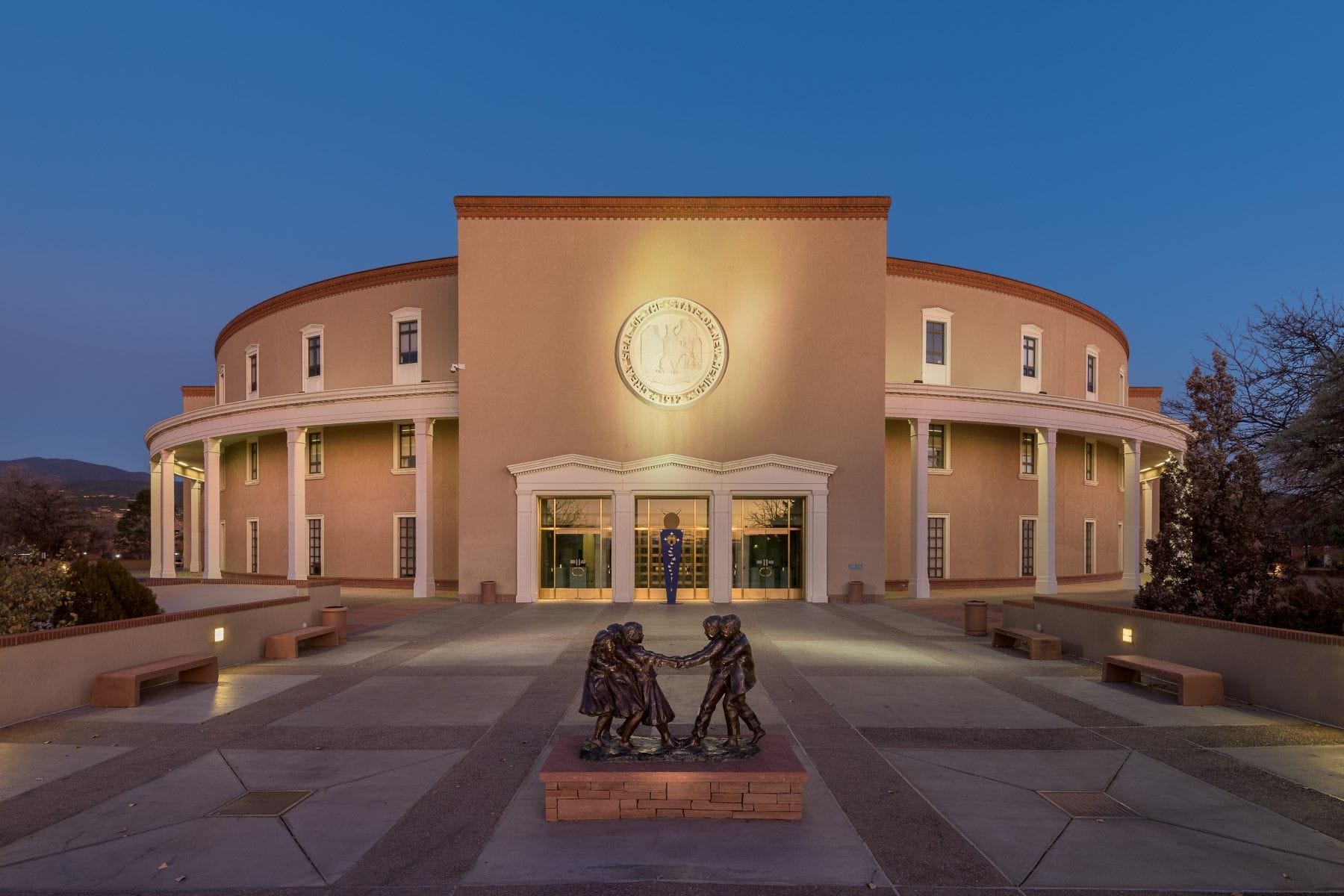Expert Witness Compensation Rules in New Mexico
New Mexico regulates expert witness compensation through statutes and court rules, emphasizing fair fees, clear agreements, and distinctions between expert types.
Updated on
In this article
What Are the Rules Governing Expert Witness Compensation in New Mexico?
Expert witness fees and compensation in New Mexico are governed by a combination of state statutes, court rules, and ethical guidelines. These regulations ensure that expert witnesses are fairly compensated for their time and expertise while preserving the integrity of legal proceedings. In New Mexico, expert witness compensation is primarily guided by rules set forth in the New Mexico Rules of Civil Procedure for the District Courts, specific state statutes such as New Mexico Code §38-6-1, and opinions from the New Mexico Bar Association regarding ethical considerations.
Fee Provisions in New Mexico Rules of Civil Procedure
The New Mexico Rules of Civil Procedure outline the basic framework for the compensation of expert witnesses in civil cases. Rule 1-026(B)(5) NMRA addresses the discovery of information from experts and implies that expert witnesses are entitled to reasonable fees for their services. This rule mandates that parties may be required to pay an expert a reasonable fee for deposition or trial testimony, ensuring that experts are compensated for both preparation time and time spent in court.
Typically, the party that engages the expert is responsible for their fees. However, the court may intervene if there's a dispute over the reasonableness of the fees. Courts in New Mexico are guided by factors such as the complexity of the testimony, the expert's credentials, and customary fees for similar expertise in determining what constitutes a reasonable fee.
Understanding New Mexico Code §38-6-1: Payment Guidelines for Expert Witnesses
New Mexico Code §38-6-1 provides additional statutory guidance on the payment of witnesses. While this statute primarily addresses lay witnesses, it also impacts expert witnesses indirectly by setting baseline compensation expectations. The statute stipulates the per diem and mileage rates for witnesses, which can be used as a reference point for calculating expert witness fees, although expert fees typically exceed these amounts due to the specialized nature of their testimony.
The statute ensures that expert witnesses are not only compensated for their time in court but also for necessary preparation and travel. This comprehensive approach underscores the importance of fair compensation in facilitating expert participation in legal proceedings, thus contributing to the pursuit of justice.
Distinction Between Retained Experts and Treating Physicians in New Mexico
In New Mexico, a critical distinction exists between retained experts and treating physicians when it comes to compensation. Retained experts are those specifically engaged to provide expert testimony, often receiving compensation for their time spent preparing for and delivering testimony. In contrast, treating physicians may provide testimony based on their direct involvement with a patient, often without additional compensation beyond standard medical fees.
The New Mexico courts recognize that treating physicians, by virtue of their firsthand knowledge and ongoing relationship with the patient, may not require the same level of preparation as retained experts. Therefore, their compensation is typically limited to reasonable fees for their time away from medical duties. This distinction is crucial in ensuring that compensation practices remain fair and consistent with the nature of the expert's involvement in the case.
Practical Tips for Structuring Expert Witness Fee Agreements in New Mexico
When drafting fee agreements for expert witnesses in New Mexico, it is essential to create clear and comprehensive contracts that outline the terms of compensation. This can help prevent disputes and ensure that both parties understand their obligations. Here are some practical tips to consider when structuring these agreements:
- Define Services Clearly: Specify the scope of the expert's services, including preparation, depositions, and trial appearances. Clear definitions help establish expectations and can justify fees.
- Establish Fee Structure: Decide whether to use hourly rates, flat fees, or retainer arrangements. Be explicit about any additional costs, such as travel expenses or materials.
- Outline Payment Terms: Include payment timelines, such as upfront retainer fees, milestones for payments, and final payment upon completion of services. This encourages timely compensation.
- Include Cancellation Policies: Address what happens if a case is settled or canceled. This can cover whether the expert will still receive compensation for time already invested.
- Consider Confidentiality Agreements: If necessary, include provisions that protect sensitive information shared during the engagement. This can safeguard the expert’s insights and the client’s interests.
- Review Industry Standards: Research customary fees for similar expertise in New Mexico to ensure that compensation is competitive and reasonable.
- Consult Legal Counsel: Before finalizing agreements, consider having them reviewed by legal professionals familiar with New Mexico’s legal landscape to ensure compliance with state laws and ethical guidelines.
These practices can help ensure that expert witness fee agreements are fair, transparent, and conducive to effective collaboration in legal proceedings.


